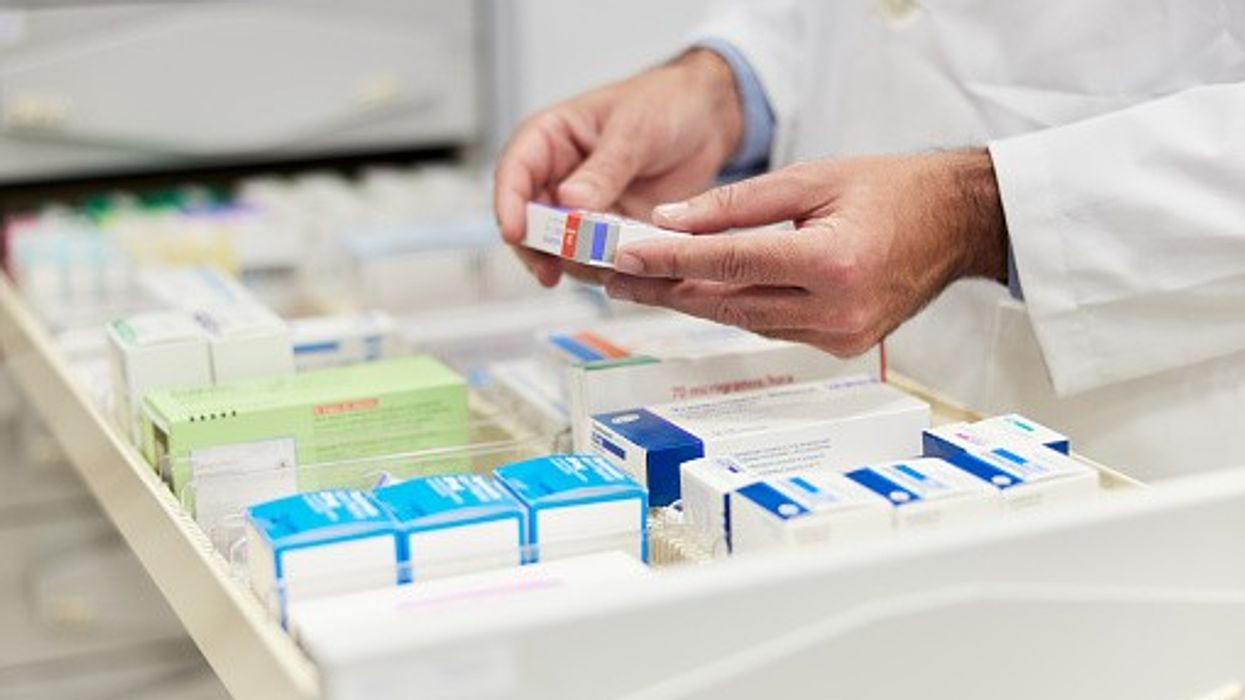The National Pharmacy Association (NPA) has raised concerns over the growing crisis in medicine supply, warning that pharmacies are unable to dispense prescriptions at least once a day, posing a potential risk to patient health.
The organisation is calling on the government to reconsider allowing pharmacists to use their professional judgment to dispense a suitable alternative when the prescribed medication is unavailable.
A new NPA survey of 500 pharmacies revealed the growing impact of medicine supply shortages. According to the findings:
- All pharmacies surveyed said they were unable to dispense a prescription at least once a day due to supply problems.
- 95% of pharmacies reported that patients visit their pharmacy at least once a day seeking medicines, they were unable to obtain elsewhere.
- 96% of pharmacies were unable to dispense a prescription at least once a day, despite having a safe alternative formulation in stock.
Current legislation prevents pharmacists from making substitutions, including changes in strength or formulation, unless a Serious Shortage Protocol (SSP) has been issued by the NHS.
This restriction means that when a prescribed medicine is unavailable, pharmacists must send patients back to their GP rather than providing a suitable alternative, even if one is readily available.
The NPA warns that this situation “poses a risk to patient safety, with patients potentially going without vital medication, presenting a serious risk to their health.”
Despite recommendations from the cross-party Health and Care Select Committee advocating for greater flexibility for pharmacies to substitute medication to tackle growing numbers of shortages, the government recently rejected the proposal.
NPA Nick Kaye expressed deep concern over the issue stating that “patients are potentially having to forgo vital medication due to shortages.”
Highlighting the distress it causes for pharmacists, he said, “Pharmacies are at the sharp end of medicines shortages and frequently have to turn away distressed, frustrated and sometimes angry patients.
“It is particularly frustrating for pharmacists to be unable to meet a clear need when they have a perfectly safe and effective solution in their pharmacy already.
“It is madness to send someone back to their GP and it risks a patient either delaying taking vital medication or forgoing it altogether, which poses a clear risk to patient safety,” he added.
While Kaye welcomed government efforts to bring together manufacturers, wholesalers, and pharmacies to address supply chain challenges, he emphasised that greater prescribing flexibility for pharmacists remains essential.
“The government must look again at allowing pharmacists - who are highly trained health care practitioners – to use their professional judgment to supply an appropriate alternative when the prescribed version is unavailable,” he stated.













